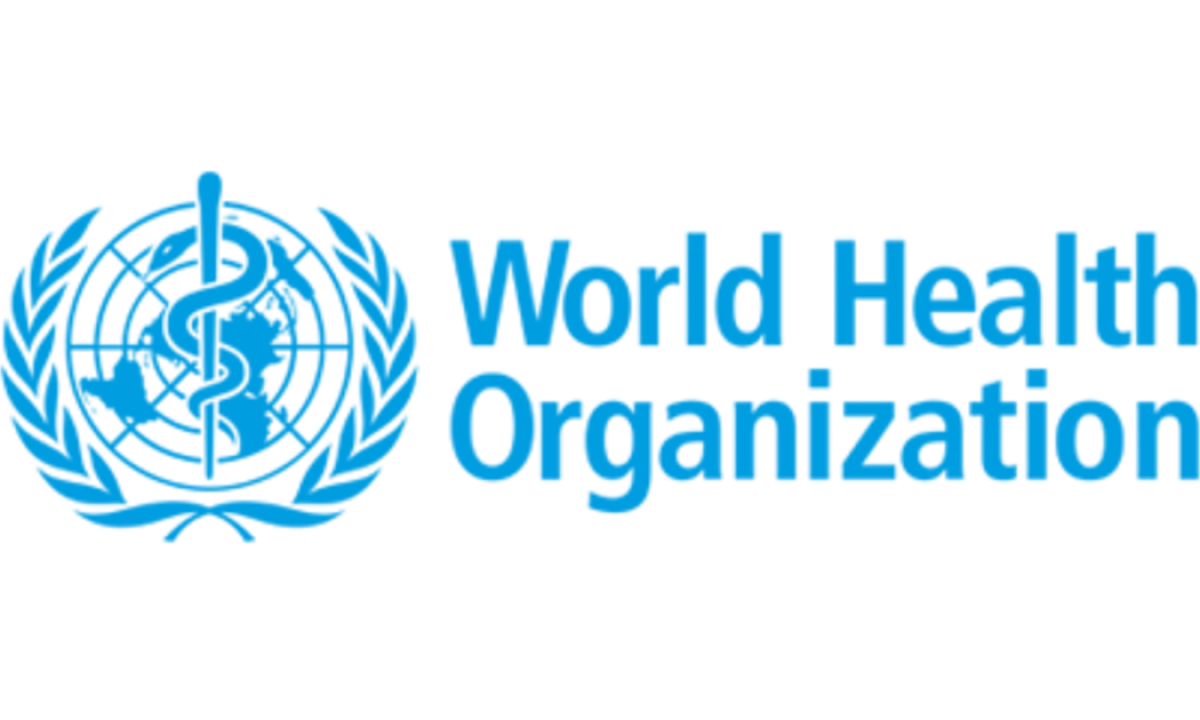
The World Health Organisation (WHO) has, for the first time, recommended the global use of blockbuster weight-loss drugs to treat diabetes and obesity, while urging pharmaceutical companies to make cheaper generic versions available for developing countries.
The new guidance, released on Friday, includes GLP-1 agonists a new class of appetite-suppressing drugs marketed under brand names such as Ozempic, Wegovy, and Mounjaro. These drugs have surged in popularity worldwide due to their effectiveness in helping patients shed significant amounts of weight. According to WHO, more than 3.7 million people died in 2021 from illnesses linked to being overweight or obese a toll surpassing that of malaria, tuberculosis, and HIV combined.
Despite their benefits, GLP-1 drugs remain prohibitively expensive, costing upwards of $1,000 a month in the United States, raising fears that patients in poorer countries where obesity and diabetes rates are rising may be excluded. On Friday, WHO officially added semaglutide, the active ingredient in Novo Nordisk’s Ozempic and Wegovy, and liraglutide, used in Eli Lilly’s Mounjaro, to its essential medicines list for adults worldwide. In a statement, the UN health agency said it encouraged “generic competition to drive down prices,” stressing that access must be expanded beyond wealthy nations.
Andrew Hill, a pharmacology researcher at Liverpool University, cited studies showing semaglutide could be mass-produced in India for as little as $4 a month. “What we’re asking is for Novo Nordisk and Eli Lilly to do the responsible thing and make their treatments available on a worldwide scale at an affordable, generic price,” Hill told AFP. The patent for semaglutide is set to expire in 2026 globally, but some countries including Canada, India, and China will see it lapse as early as next year, potentially opening the door for generic manufacturers.
GLP-1 drugs, initially developed for diabetes, have shown promise in addressing other health conditions. A recent JAMA study found that patients with heart problems who took the drugs had a 40 percent lower risk of hospitalisation or premature death. While side effects such as nausea have been reported, researchers say the benefits outweigh the risks for many patients.
Obesity now affects one in eight people worldwide, while more than 800 million people were living with diabetes in 2022, according to WHO. In addition to the weight-loss treatments, WHO also added a range of cancer medicines to its essential medicines list, highlighting its broader push to ensure life-saving drugs are accessible to all populations.


